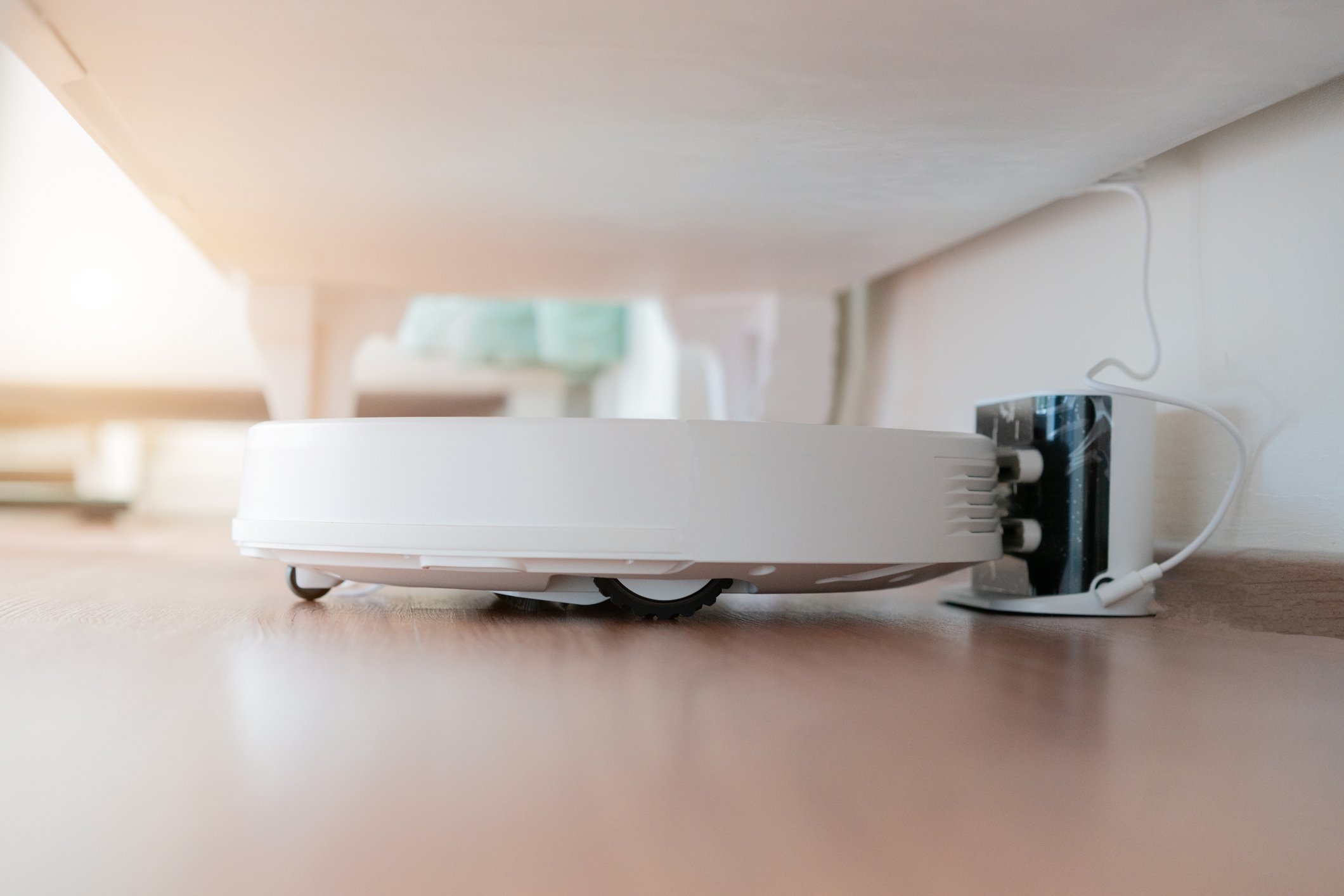iRobot (IRBT +0.00%) released first-quarter 2019 results on Tuesday after the market closed, detailing broad-based geographic growth on strong demand for its various home robots, as well as better-than-expected profitability -- albeit thanks in part to favorable one-time tax items and the timing of certain operating expenses.
But while iRobot also reiterated its full-year revenue outlook, shares are down nearly 15% in after-hours trading right now, because its quarterly top line was technically below investors' expectations.
Let's dive deeper, then, to see what iRobot accomplished over the past few months, and what we should be watching as the year progresses.

Image source: iRobot.
iRobot results: The raw numbers
| Metric |
Q1 2019 |
Q1 2018 |
Year-Over-Year Growth |
|---|---|---|---|
|
Revenue |
$237.7 million |
$217.1 million |
9.5% |
|
GAAP* net income |
$22.5 million |
$20.4 million |
10.4% |
|
GAAP earnings per share (diluted) |
$0.78 |
$0.71 |
9.9% |
Data source: iRobot quarterly filings. GAAP = generally accepted accounting principles.
What happened with iRobot this quarter?
- This quarter's earnings included a previously unforecast $0.14-per-share favorable tax impact related to accounting for stock-based compensation. Last year's first quarter reflected a similar $0.05-per-share benefit.
- iRobot doesn't provide specific quarterly guidance. So for perspective -- and though we don't usually pay close attention to Wall Street's demands -- these results were mixed relative to consensus estimates, which called for earnings of $0.59 per share on revenue of $251.4 million.
- Excluding one-time items such as tax adjustments, acquisition expenses, and stock-based compensation, iRobot's non-GAAP earnings were $0.96 per share, down from $1.04 in the same year-ago period.
- Domestic revenue grew 6.7% to $114.1 million, with stronger-than-expected demand for iRobot's high-end i7 and i7+ Roomba models despite price increases implemented at the start of the year to help offset the impact of tariffs.
- International revenue grew 12.1% to $123.6 million, thanks to the "very successful" launch of the Roomba i7 and i7+ in Japan, China, and the Europe, Middle East, and Africa region.
- iRobot continues to invest heavily in research and development and still expects to launch two new unnamed products in second quarter.
What management had to say
iRobot Chairman and CEO Colin Angle added that combining "strong global demand" for iRobot's products with the impending launch of two new products in the current quarter should drive growth in the high-teens-percentage range in the second quarter.
Angle added:
I am very excited about the year ahead. We expect our global business to deliver strong financial performance that will fund our ability to reinforce our core product leadership in the RVC [robotic vacuum cleaner] category, expand and diversify our product portfolio, widen our competitive moat through technological differentiation protected by our IP portfolio, and broaden our manufacturing and supply chain outside China.
During the subsequent conference call, iRobot CFO Alison Dean noted that revenue during the quarter was in line with the company's expectations, while earnings arrived above expectations largely because of the timing of operating expenses the company discussed three months ago -- including sales and marketing to support new product introductions and supply chain diversification costs.
Looking forward
As such, iRobot reiterated its guidance for full-year 2019 revenue of $1.28 billion to $1.31 billion, or growth of 17% to 20% from 2018, as well as its outlook for operating income of $108 million to $118 million. On the bottom line, iRobot now expects 2019 earnings per share ranging from $3.15 to $3.40, up from $3 to $3.25 previously, with the bump primarily reflecting the aforementioned tax benefit recognized in Q1.
In short, while the market's initial reaction may not indicate as much, iRobot essentially delivered as promised to start the new year. With shares pulling back hard right now, I think long-term iRobot investors could be presented with a fantastic opportunity to open or add to their positions.





